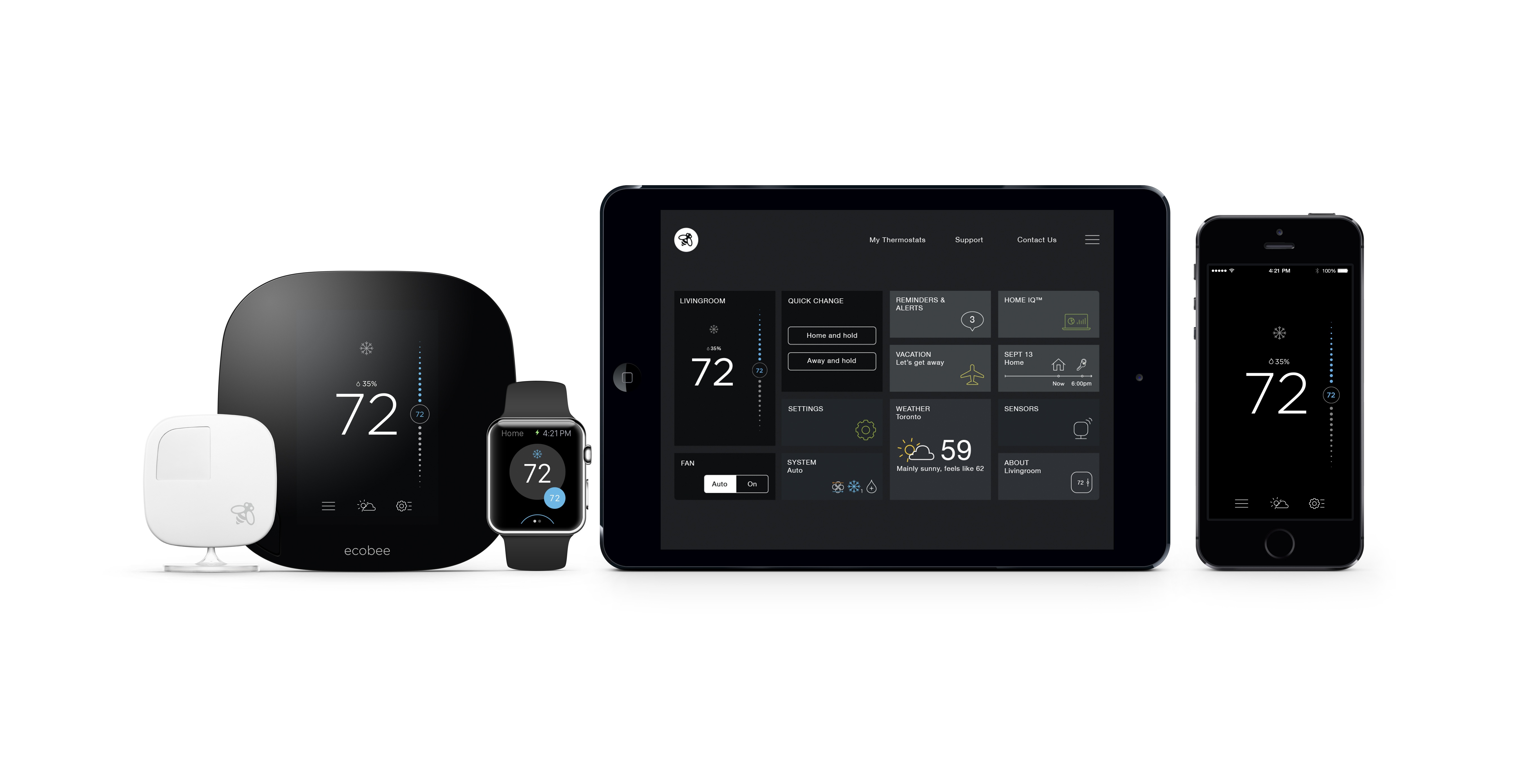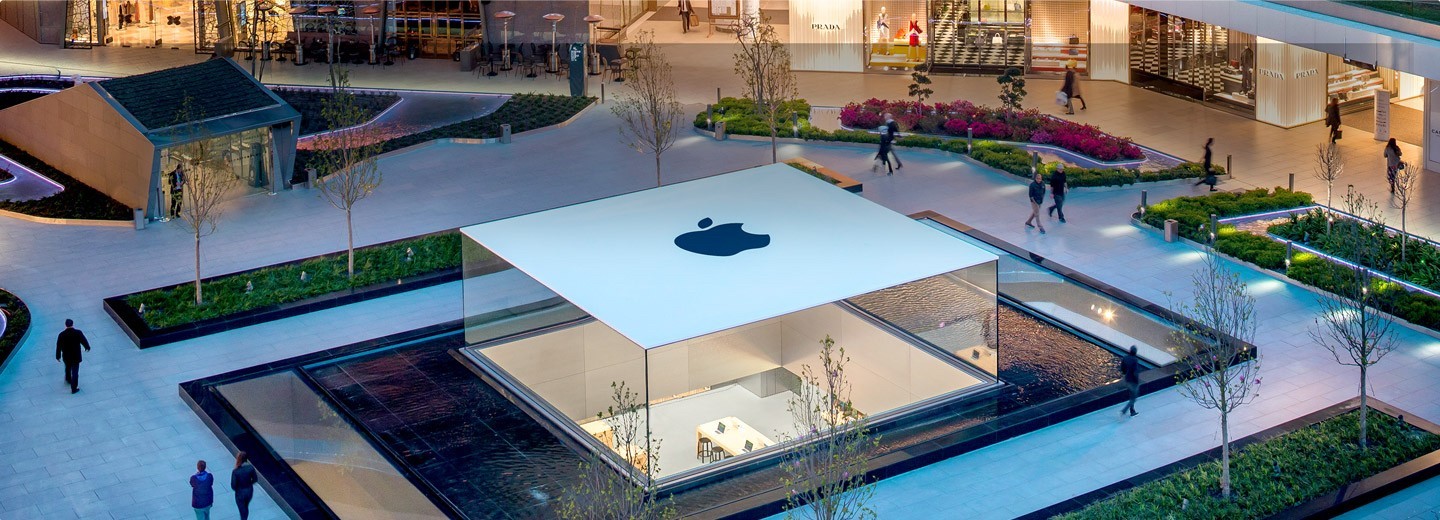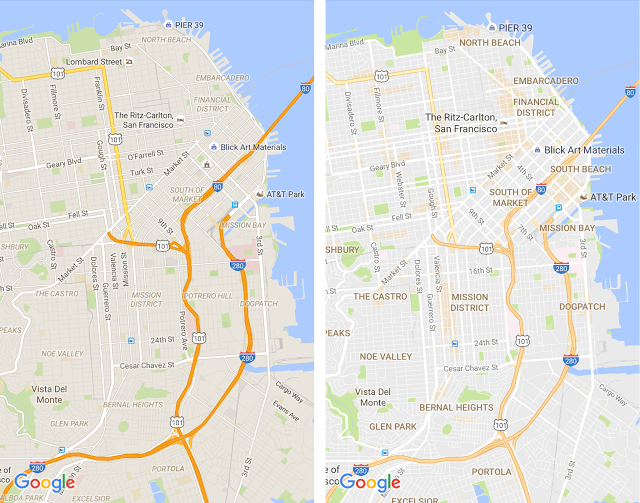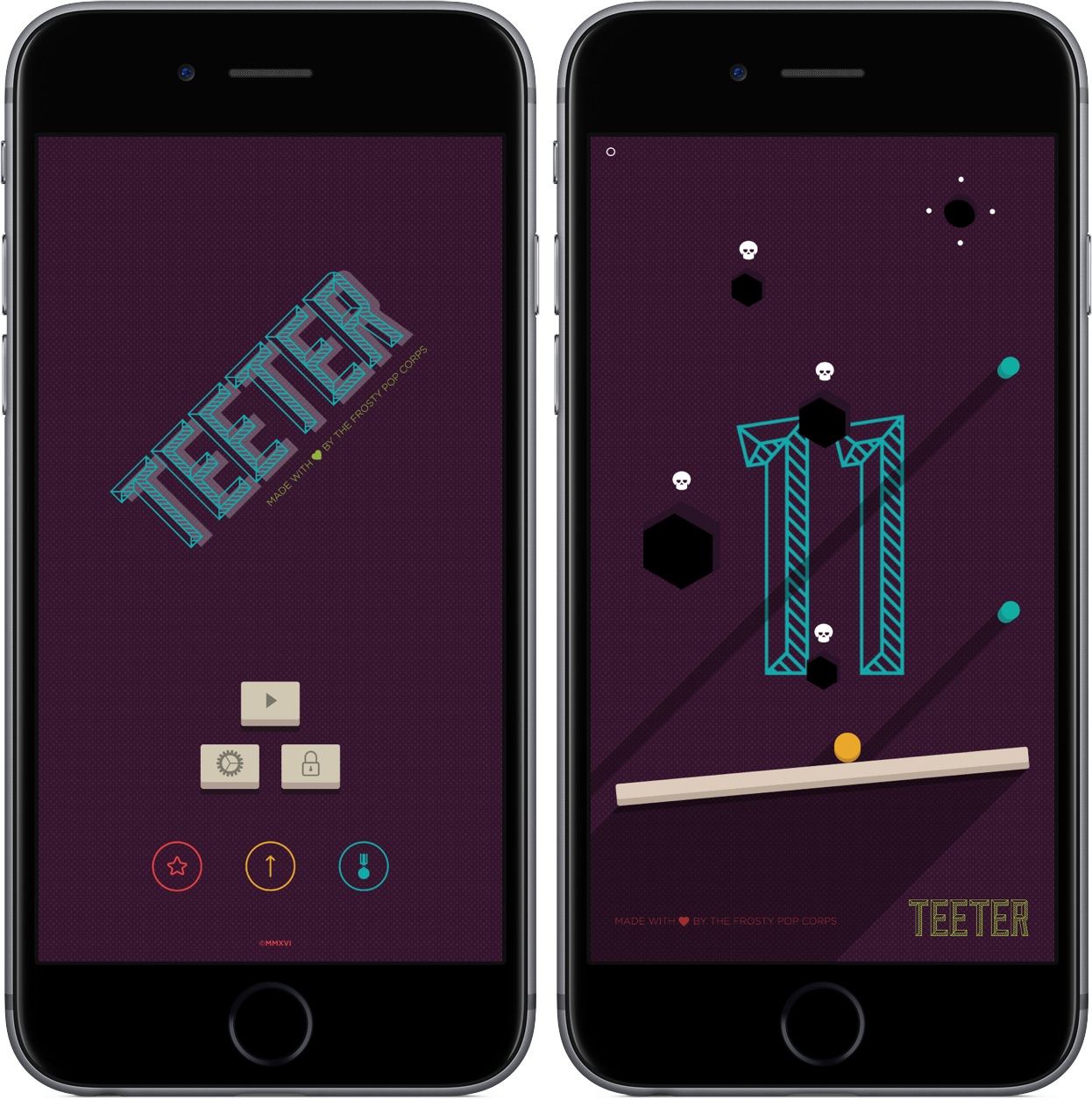In a rather extraordinary move, four of Australia’s largest banks have written to Australia’s competition regulator requesting permission to join together in a collective boycott whilst they negotiate with third-party mobile wallet services including Apple Pay, Android Pay and Samsung Pay. The banks seeking permission include 3 of the ‘Big 4’ banks in Australia, being the Commonwealth Bank of Australia, National Australia Bank, and Westpac Banking Corporation, but it also includes Bendigo and Adelaide Bank. Notably, the fourth bank in the ‘Big 4’ absent from this request is ANZ which reached an agreement with Apple earlier this year to launch Apple Pay for its customers.
In a lengthy, 121-page submission, the four banks have written to the Australian Competition and Consumer Commission (ACCC) requesting such permission for a period of three years. The banks also flag the possibility that the arrangement could be extended to other card issuers in Australia who wish to participate in the collective negotiation and boycott. The banks argue that the collective negotiations will be limited so as to encourage the introduction of mobile wallet and mobile payment services in Australia that best promotes competition, best practice standards, and efficiency and transparency.
At the heart of their request is the claim that third party wallet providers have the power to “impose highly restrictive terms and conditions”. The banks point out that 90% of smartphones sold in Australia run iOS or Android, and Samsung is the leading manufacturer of Android phones. Therefore, they claim, Google has significant bargaining power over Android, Samsung over Galaxy phones, and Apple over iPhones. But it is Apple that the banks say “has particularly significant bargaining power in negotiations relating to Apple Pay due to its control of both a key operating system and key mobile hardware”. They point out that in Australia the iPhone has a share of 41.2% of the market and Apple sells the two most popular phones on the market.
The banks also make the argument that Apple has refused to permit third-party apps from accessing the NFC functionality contained in recent iPhones, unlike other manufacturers. They argue that it is inconsistent with other hardware and software features Apple has introduced such as the iPhone camera, accelerometer, and Touch ID sensor which are available to third-parties. Unfortunately, the banks also cite concerns over high rates of fraud which have since been debunked as spurious and unrelated to Apple Pay. The final key arguments from the banks relate to regulatory asymmetry - the fact that banks are faced with regulatory obligations in relation to fees and charges, but third-party wallet providers are not.
The objective of the banks here is to reach a deal with Apple that would allow them to use their own mobile payment solution on top of the NFC technology in iPhones and other smartphones. That seems to me to be highly unlikely given Apple’s desire to control its platform, grow its services revenue and protect the privacy of its users. Besides, Apple has already been willing to negotiate for nearly 2 years since Apple Pay launched, it seems likely that they are content with playing the long game. Nonetheless, this submission from the Australian banks will likely concern Apple if it is approved as it may inspire banks in other regions to undertake similar actions.
You can read the banks’ full submission to the ACCC here.
[via @TapDownUnder]







